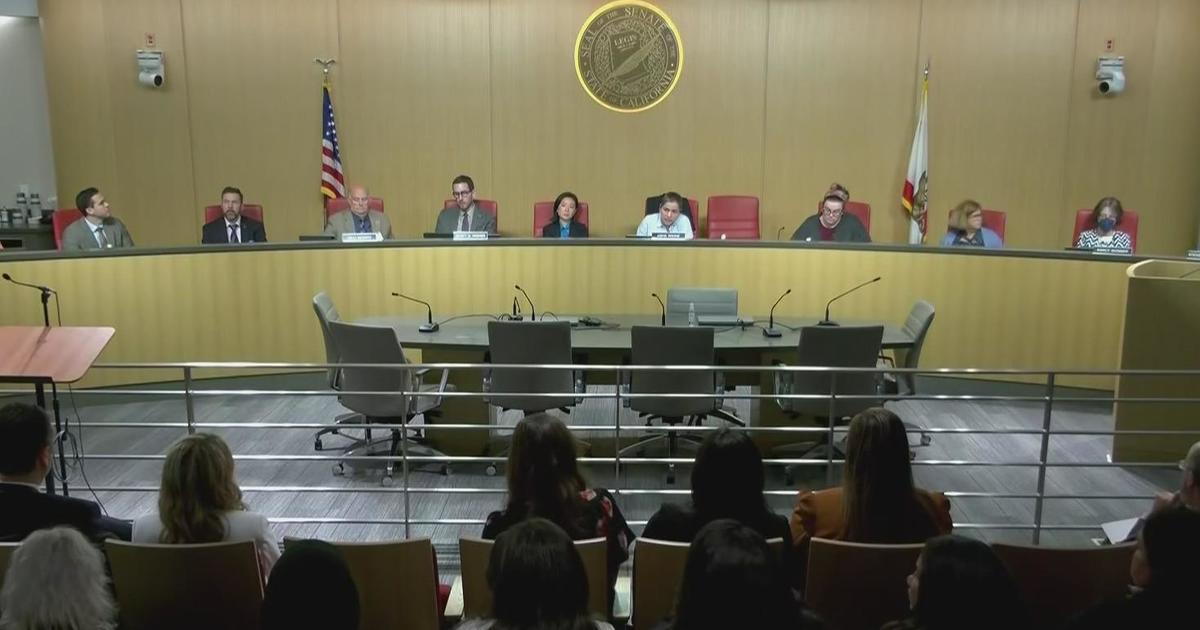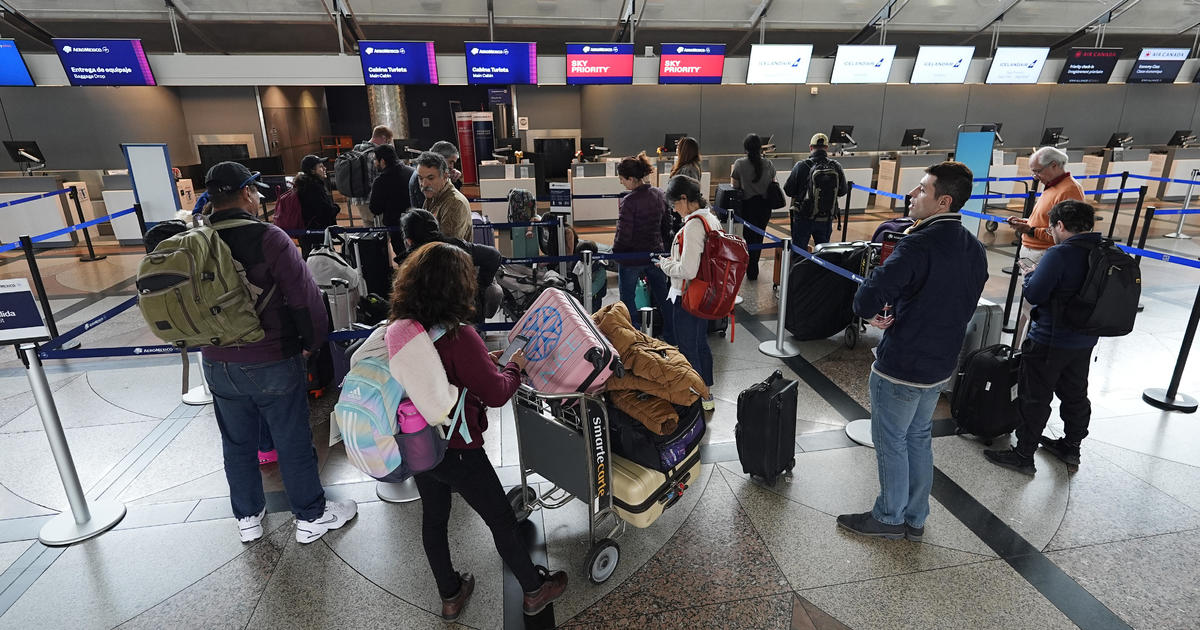California Voters Reject Prescription Drug Pricing Measure
LOS ANGELES (AP) - The pharmaceutical industry scored a big victory in California, where voters rejected a ballot measure seeking to curb prescription drug prices paid by the state for millions of retirees, prisoners and poor people.
Opponents to Proposition 61 garnered 54 percent of the 8.5 million votes counted Wednesday.
The measure would have required certain state health plans to pay the same prices for prescription medications as the U.S. Department of Veterans Affairs, which typically gets deep discounts for its purchases.
Drug-makers spent more than $109 million to oppose the measure, saying it would reduce access to medicines and raise prices for veterans and others.
"Voters did their research and recognized Prop 61 was a seriously flawed measure," Kathy Fairbanks, spokeswoman for the "no" campaign, said in a statement.
Supporters said the measure would have provided significant savings for the state and could have forced the industry to begin reducing prices elsewhere.
"At the end of the day, we fight for what's right," said Michael Weinstein, president of the AIDS Healthcare Foundation, which raised the bulk of the more than $18 million spent in support of the measure.
The so-called California Drug Price Relief Act produced the most spending of California's 17 statewide initiatives. The two sides featured dueling advertisements saying capping spending would either finally help rein in rising drug prices or lead to even higher costs for virtually everyone else.
The VA, which serves some 9 million veterans nationwide, pays some of the cheapest prices because of its massive bargaining power and automatic discounts it gets under federal law.
Backers said passage would save the state money for prescriptions it reimburses or buys for prison inmates, government retirees and some low-income residents on Medi-Cal, the state's low-cost or free Medicaid health plan for the poor. The measure would have affected between 4 million and 6 million people.
During the year ending June 30, 2015, California spent about $4 billion on drugs for the groups covered under the initiative.
Opponents contended it would reduce access to medicines and if the industry lowered prices for this group it would simply raise prices for others, including veterans. And since Proposition 61 did not force drug-makers to alter their prices - it only stipulates that the state not pay more than the VA price - independent analysts said it was unclear whether California would save much money.
Drug pricing is a hot issue nationwide and companies have faced blistering criticism over some huge hikes in the cost for individual items, such as Turing Pharmaceuticals raising by 5,000 percent the cost of a drug for a life-threatening parasitic infection and Mylan's pair of EpiPen emergency allergy shots, which increased more than 500 percent since 2007.
Both sides recruited heavy-hitters for their causes. Supporters include the California Nurses Association, AARP and former Democratic presidential candidate Bernie Sanders, who held rallies in Los Angeles and Sacramento just before Election Day.
Opponents include the California Medical Association, the state's largest doctors' organization, and the state chapters of Veterans of Foreign Wars, Vietnam Veterans of America and the American Legion.
Copyright 2016 The Associated Press.



